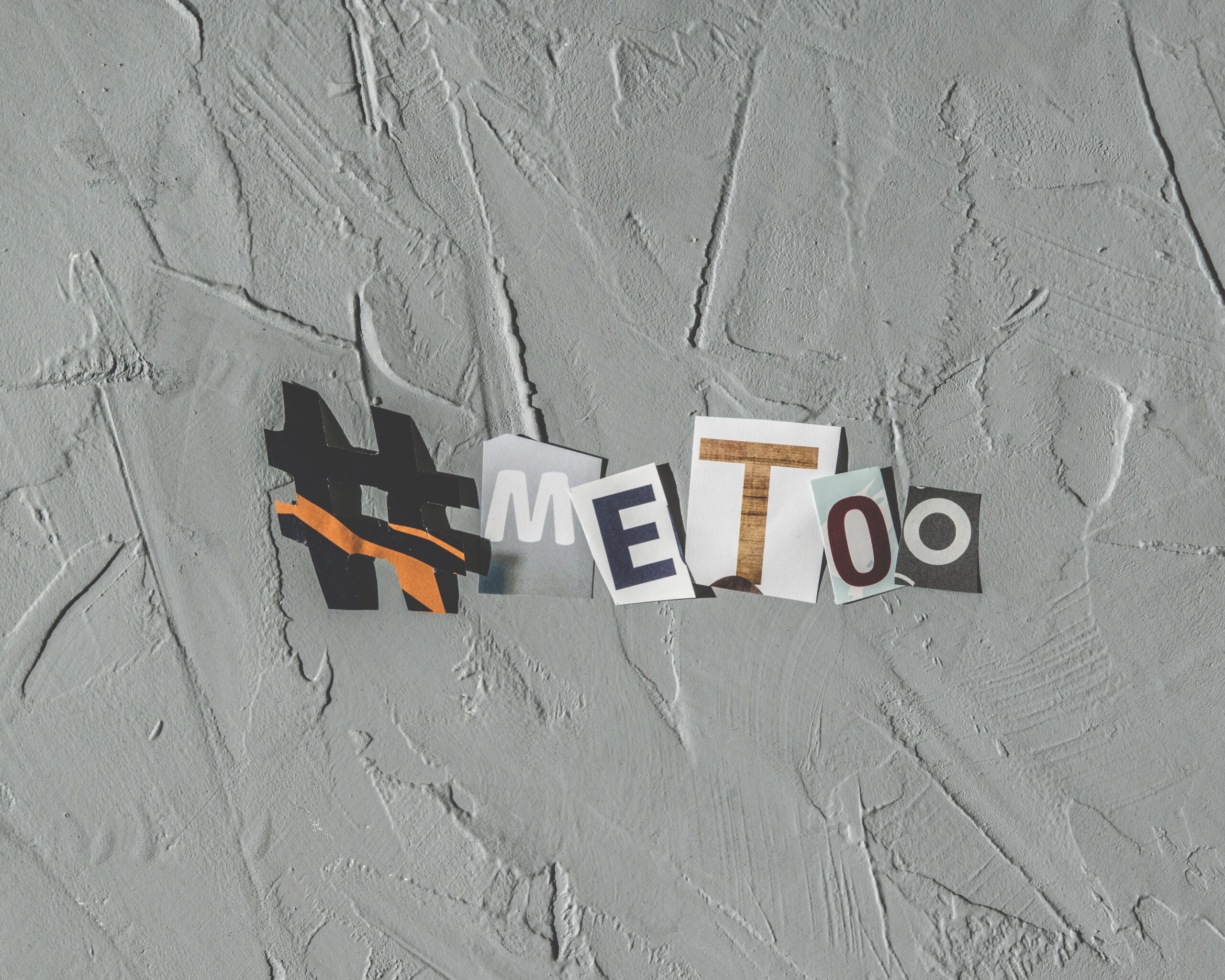The following blog post was written by Peppercomm Senior Partner and Chief Innovation Officer Jacqueline Kolek
In the wake of the #MeToo movement, many of us have looked back on our careers and examined situations and interactions through a new lens. For many years, for instance, I and several of my female colleagues were sexually harassed by a client. He was the day-to-day contact at one of our largest accounts, an older married man who I traveled with frequently. He would constantly touch me, put his arm around me, massage my shoulders, and one time even put his hand in my pocket. This went on for years before I finally took the issue to my bosses and they had the client removed.
As a female leader and mother of a 16-year-old staunch feminist, I have tried to explain what it was like to be a woman in the workforce back then. We thought of him as a creepy old man, we didn’t know enough to understand what he was doing was wrong; we just took it and moved on. And I always end with “we laughed about it.”
In fact, it was running joke in the office. We laughed about it a lot.
I am a huge advocate for the role of humor and laughter in business and its ability to unlock new ways of thinking, to build bonds and to solve problems. Recently I have had the opportunity to connect with several amazing women and men as part of Peppercomm’s Laughing Matters Council, who have come together to drive a better understanding of, and engagement in, the role of humor in business. One of the most important things that I have learned from these thought leaders is that not all laughter is created equal.
Research has shown that laughter is often used a coping mechanism, a way for us to tell ourselves that whatever’s making us uncomfortable isn’t that big a deal. Think back to when you were a kid. Did you ever find yourself getting busted by your parents or the principal and struggling to hold in a laugh? Were you ever told to “wipe that smile off your face?” Laughing at something that makes us afraid or uncomfortable is akin to crying when we are happy. These seemingly incongruous emotional reactions enable us to regulate our feelings and not become overwhelmed.
According to Liz Joynt Sandberg, Head of Comedy Arts at DePaul University and a member of Peppercomm’s Laughing Matters Council “sometimes our laughter isn’t just an expression of delight and approval. Sometimes it’s a cue that we’re experiencing discomfort and pointing our attention to incongruence that deserves our attention. Sometimes we laugh not just to relieve tension or conflict, but as our brain’s way of providing a comfort measure so that we can STAY WITH the tension or conflict, enabling us to finally reach a reaction that aligns with our values.”
In the case of the Creepy Client, had we recognized the use of humor as a coping mechanism we could have applied the tenets of humor — deep listening, exploratory thinking, reframing – to have a meaningful discussion about the situation and what we might do differently. When this comedic theory is applied in the business world, we can learn a great deal about what makes people happy, but just as much about what is wrong and what can be done to make things right. If I were to talk to my 30-year-old self I would let her know that it was okay to laugh at those situations, but just because I laughed doesn’t mean those situations were okay.




